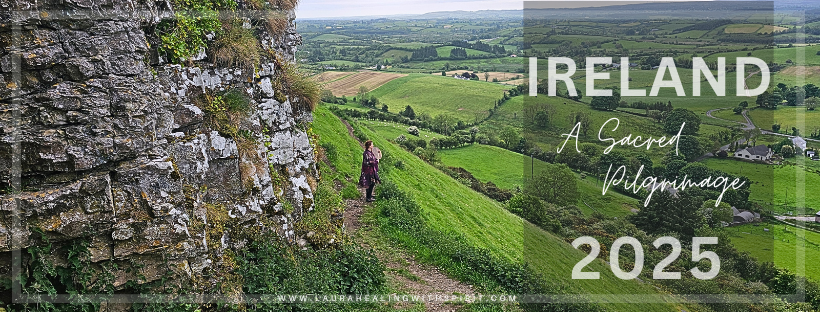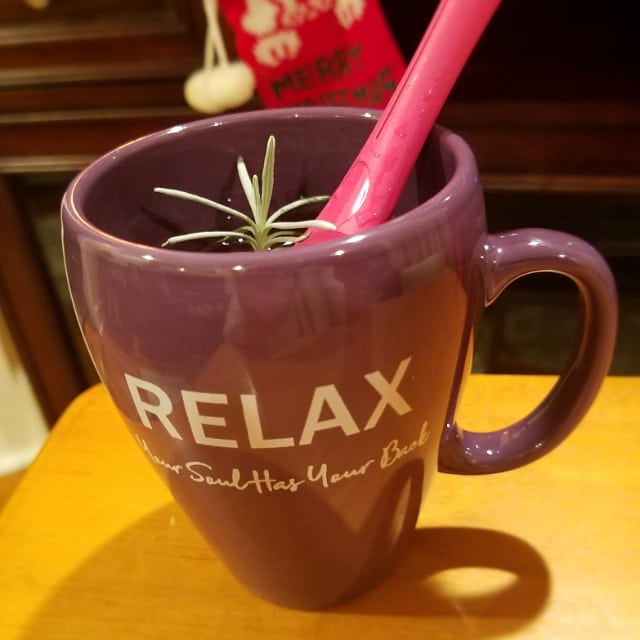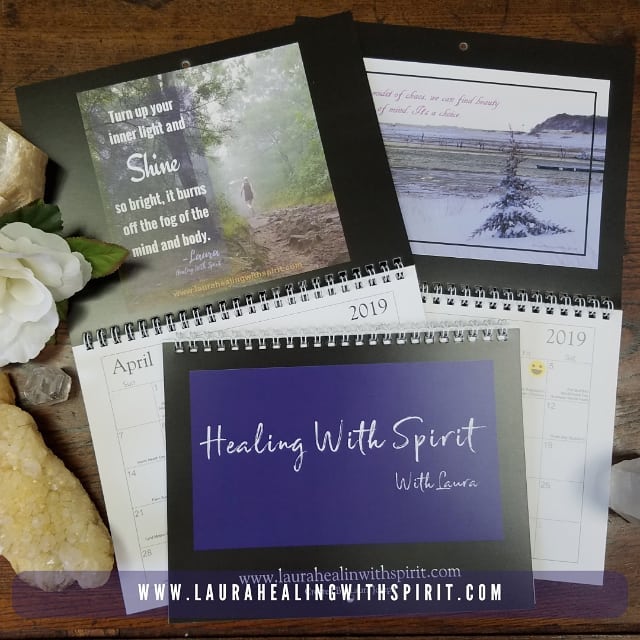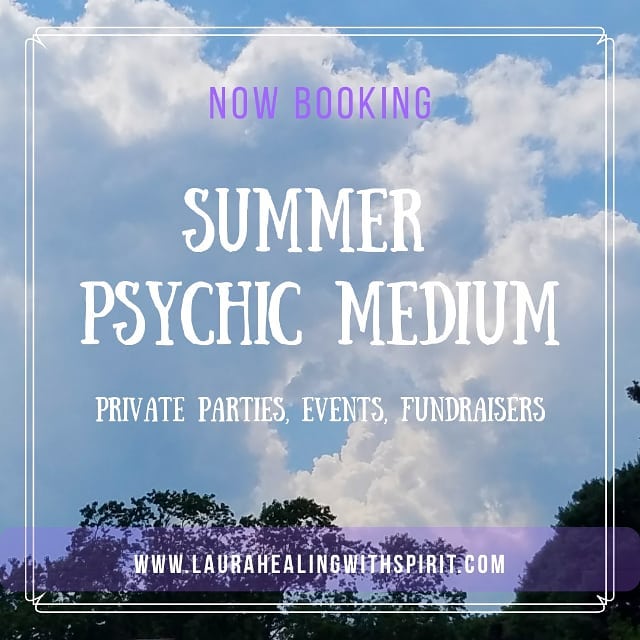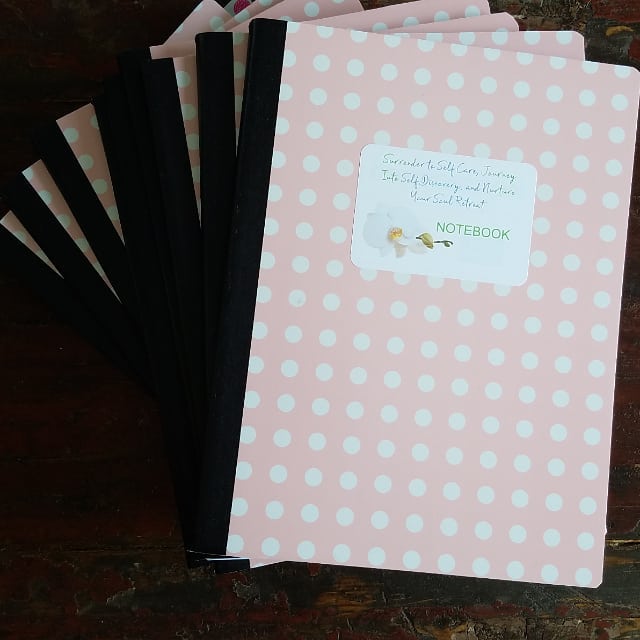By: Laura Bonetzky
This isn’t just theory for me. It’s something I’ve lived and continue to walk—through healing trauma, chronic illness, and rediscovering spiritual integrity. This is about remembering what was lost, not to shame anyone, but to honor the depth of what was originally given.
 My Journey: From Western Reiki to Returning Home
My Journey: From Western Reiki to Returning Home
When I began my Reiki journey nearly two decades ago, I entered through the only doors available to many of us in the West—Western Reiki as it had been adapted and taught at the time. I was blessed with teachers who were kind, committed, and genuinely devoted to healing. They shared what they had been taught, with compassion and grace.
They are not to blame.
The version of Reiki many of us first encountered in the U.S. was already incomplete by the time it reached our shores, altered by war, trauma, translation, and time. And for me, that Western Reiki path was still a blessing. It helped me survive what felt un-survivable. It laid a foundation.
But as I healed deeper layers—surviving domestic abuse, losing my children, and reclaiming my spiritual identity—I began to feel a call toward something more. The system I had learned felt helpful, but fragmented. I started asking deeper questions:
- What is Reiki really?
- Who were the original teachers?
- What cultural soil did this practice grow from?
It changed everything.
 This Is Not Gatekeeping—It’s Cultural Integrity
This Is Not Gatekeeping—It’s Cultural Integrity
Let me speak plainly: This is not a dismissal of Western Reiki or the people who teach it. Many of us would never have found Reiki at all if not for those early teachers and the partial transmission that made its way out of postwar Japan.
But as we evolve in consciousness and access, we are called to take deeper responsibility. We must ask:
- Are we honoring the cultures these practices came from?
- Are we carrying the medicine, or repackaging it for convenience?
- Are we willing to unlearn, to listen, and to walk with humility?
This is not gatekeeping. This is stewardship.
It’s about preserving something sacred, not hoarding it.
It’s about respecting the people, the language, and the history, not excluding those who want to learn.
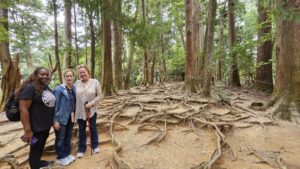
What Reiki Is—and What It’s Not
In its original Japanese form, Reiki is NOT:
- Chakra balancing
- Aura cleansing
- Pendulum dowsing
- Psychic readings
- A quick title earned in a weekend
Those things may be meaningful in other systems, but they are not Reiki. When we mix and match practices from different cultures and label it all “Reiki,” we distort its medicine and erase its origins.
Reiki as it was originally taught in Japan is:
- A spiritual path of daily practice and self-refinement
- A method of healing illness by restoring life force energy (ki) by addressing root issues and removing toxins from the body
- Taught in-person through direct student-teacher transmission
- Rooted in the Gokai (Five Reiki Principles – direct translation matters)
- Deeply informed by Japanese language, worldview, and esoteric spirituality

Why This Matters—Especially in the West
In a culture obsessed with speed, success, and status, we’ve turned sacred traditions into products. Reiki has become:
- A spiritual commodity
- A branding opportunity
- A fast track to self-declared mastery
But healing isn’t instant.
Spiritual growth isn’t a race.
And sacred traditions are not ours to bend into personal gain.
The harm caused by spiritual appropriation and commodification is real. And in a time of collective trauma, disconnection, and reckoning, we are being asked to return—not to purity or perfection—but to truth, integrity, and right relationship.
 The Invitation: A Return to the Source
The Invitation: A Return to the Source
If you’ve felt disconnected from the Reiki you’ve learned… if you’re craving something deeper, more rooted, more reverent… this is your invitation.
Come experience what Reiki feels like when it’s taught as it originally was—as a spiritual path, not a product.
Whether you’re new or experienced, all are welcome—especially those willing to approach this practice with openness and humility.
Upcoming Jikiden Reiki Trainings (In-Person Only)
Held at Healing With Spirit in Hingham, MA
- Shoden (Level 1) | July 18–20, 2025
- Okuden (Level 2) | July 27–28, 2025
Limited space available to maintain intimate, sacred space.
 Also available:
Also available:
By Laura Bonetzky-Joseph
Available on Amazon + at Healing With Spirit, Hingham MA
Register or learn more, click here
Events www.LauraHealingWithSpirit.com
Explore more: https://linktr.ee/

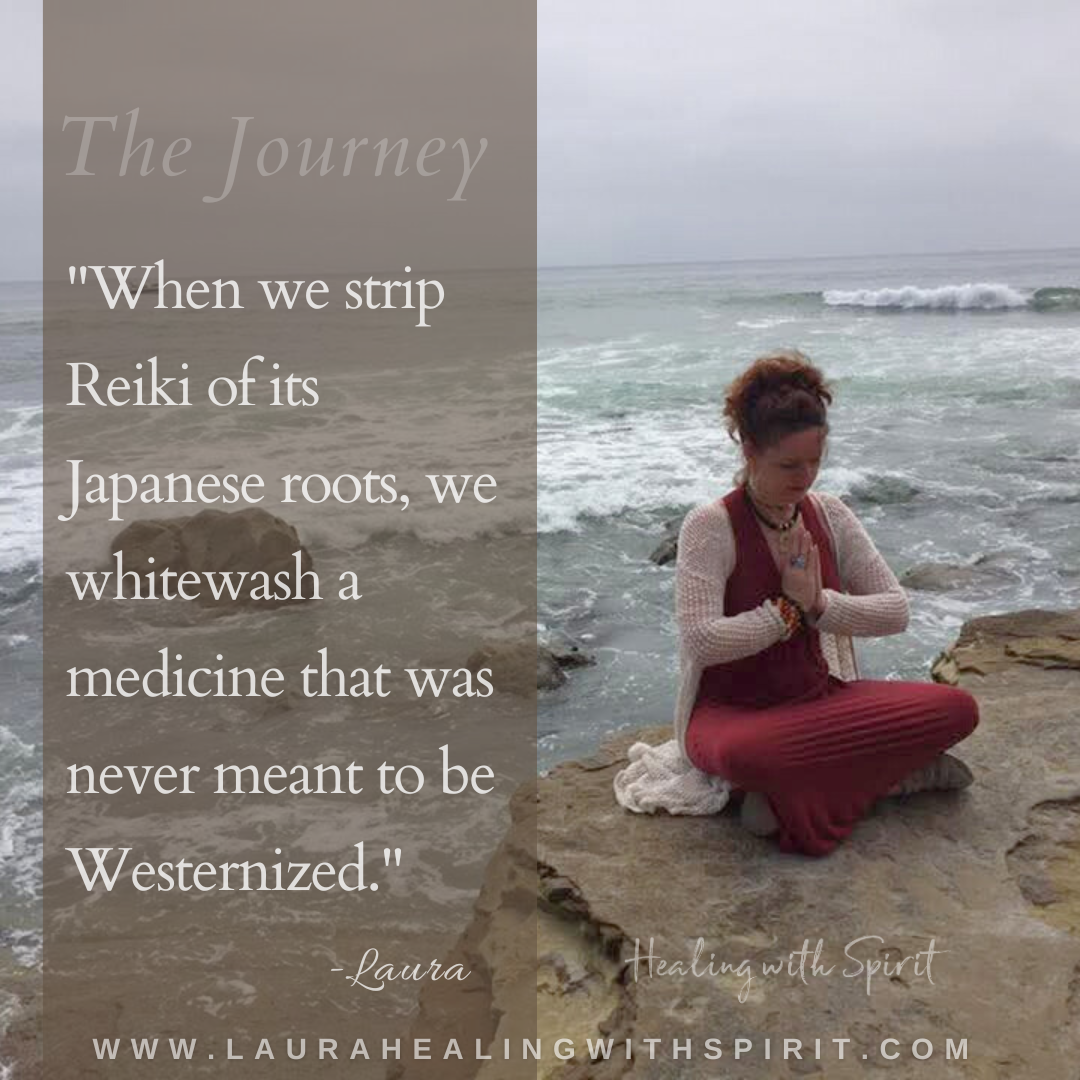
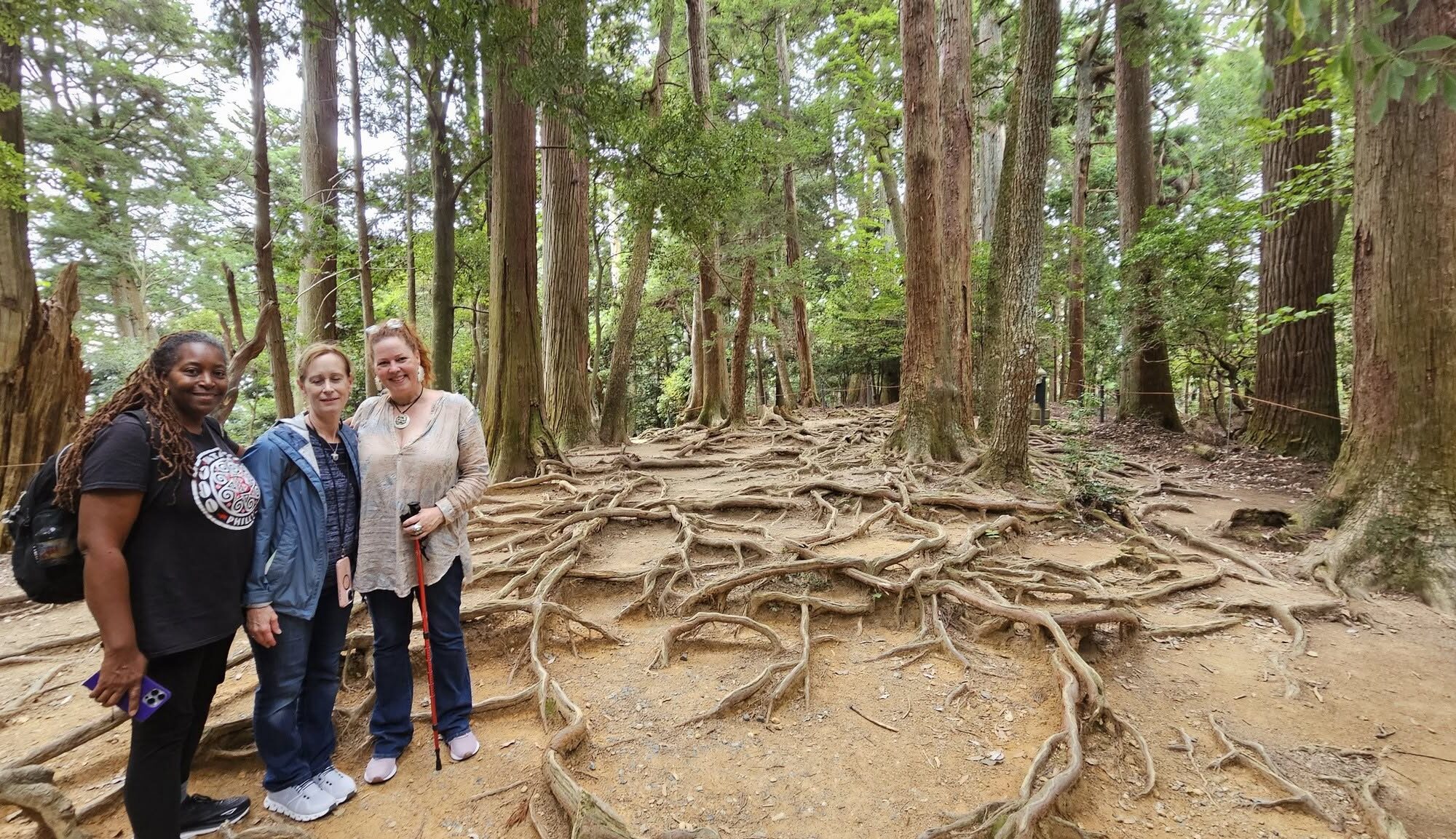
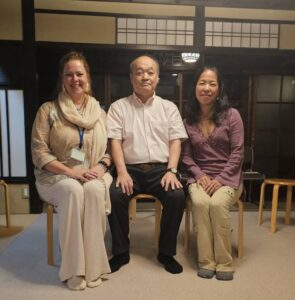 Laura Bonetzky-Joseph
Laura Bonetzky-Joseph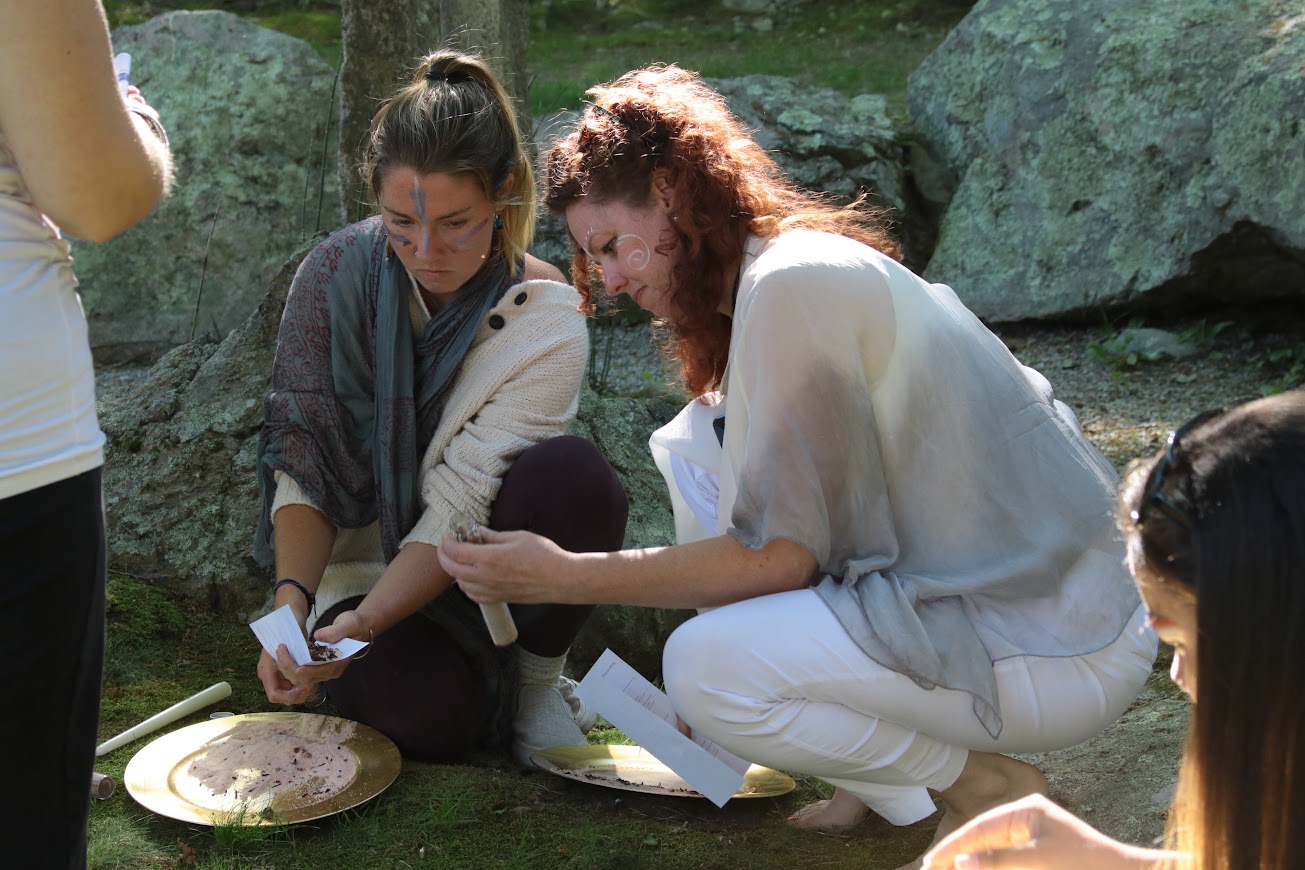


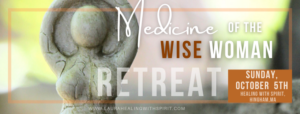
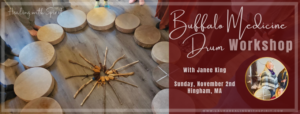
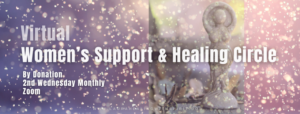
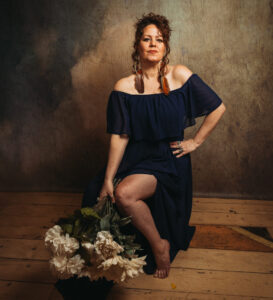 Whether you join us in circle, drum your prayers into being, or light your own Beltane flame at home, I invite you to pause and ask:
Whether you join us in circle, drum your prayers into being, or light your own Beltane flame at home, I invite you to pause and ask:

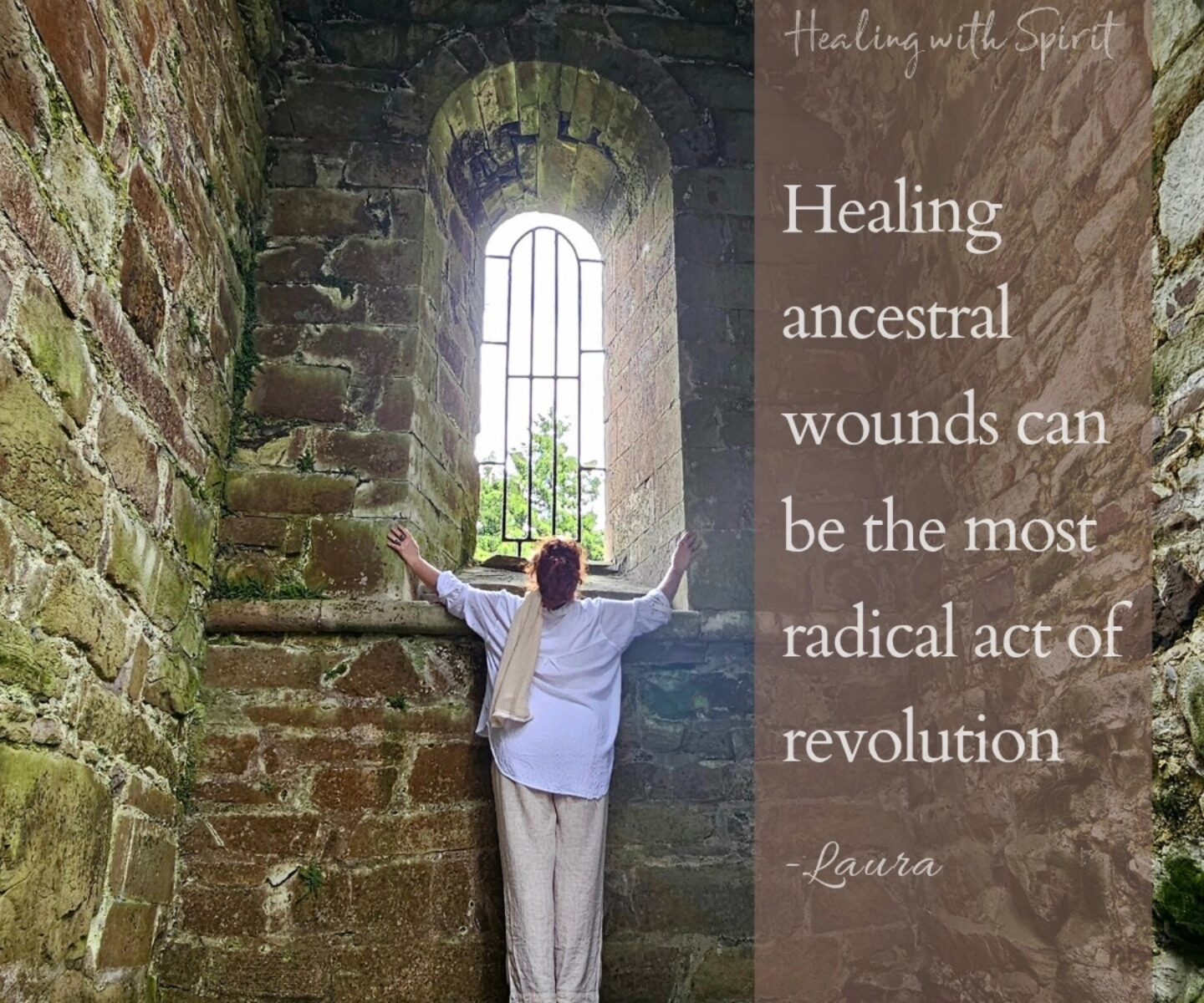
 Energetic Alignment
Energetic Alignment Healing the Collective
Healing the Collective Empowered Sovereignty
Empowered Sovereignty
 Dive Deeper:
Dive Deeper: Purchase Secrets to Healing to explore these themes further.
Purchase Secrets to Healing to explore these themes further. Listen to the Triggers in Spiritual Medicine podcast for insights, interviews, and actionable steps for your spiritual journey.
Listen to the Triggers in Spiritual Medicine podcast for insights, interviews, and actionable steps for your spiritual journey.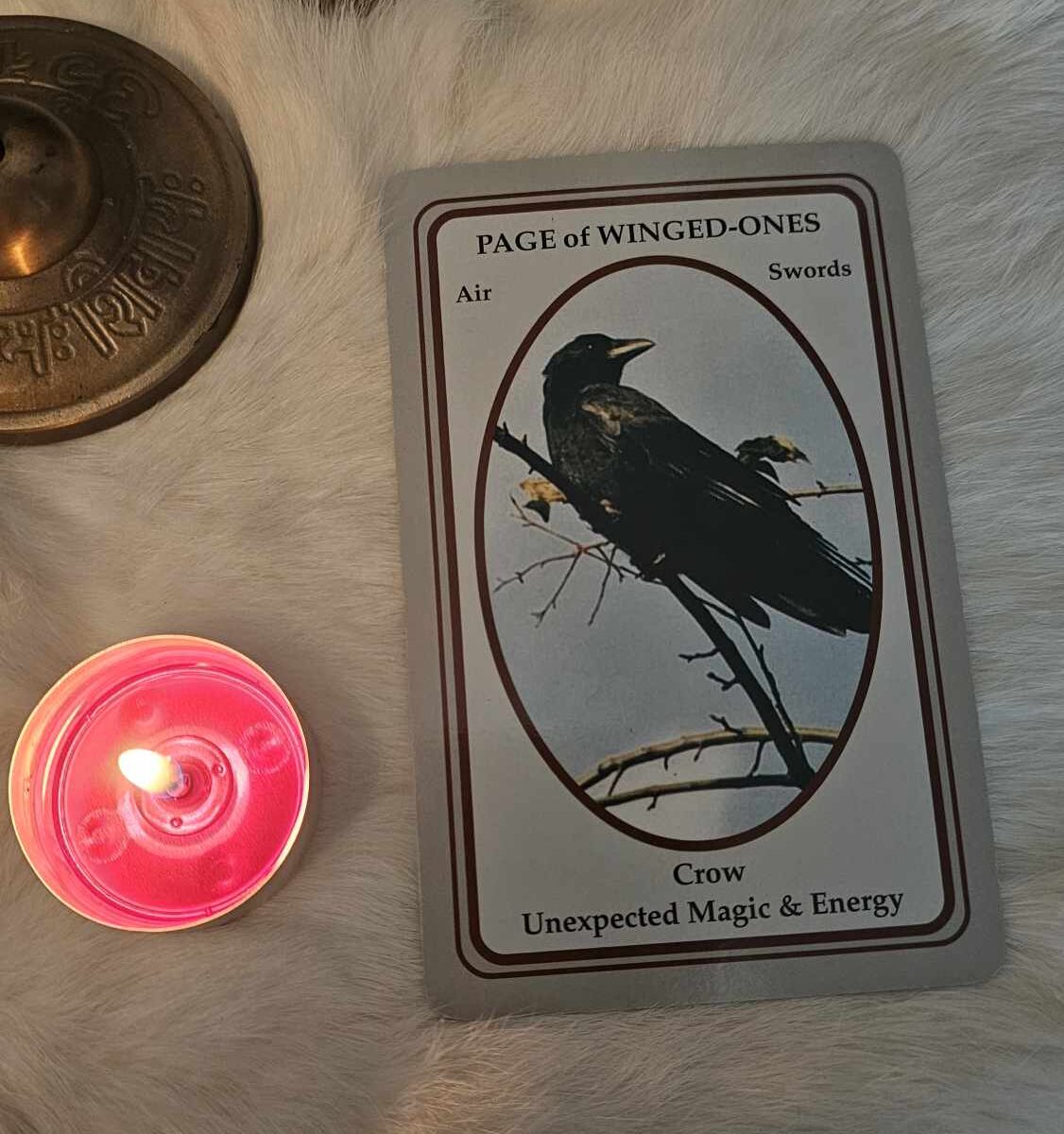
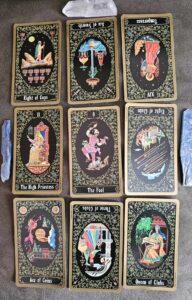 This ties in directly with the U.S.’s current energy, Musk, and Trump from the other cards I pulled today as well – (
This ties in directly with the U.S.’s current energy, Musk, and Trump from the other cards I pulled today as well – (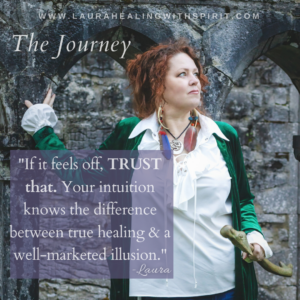
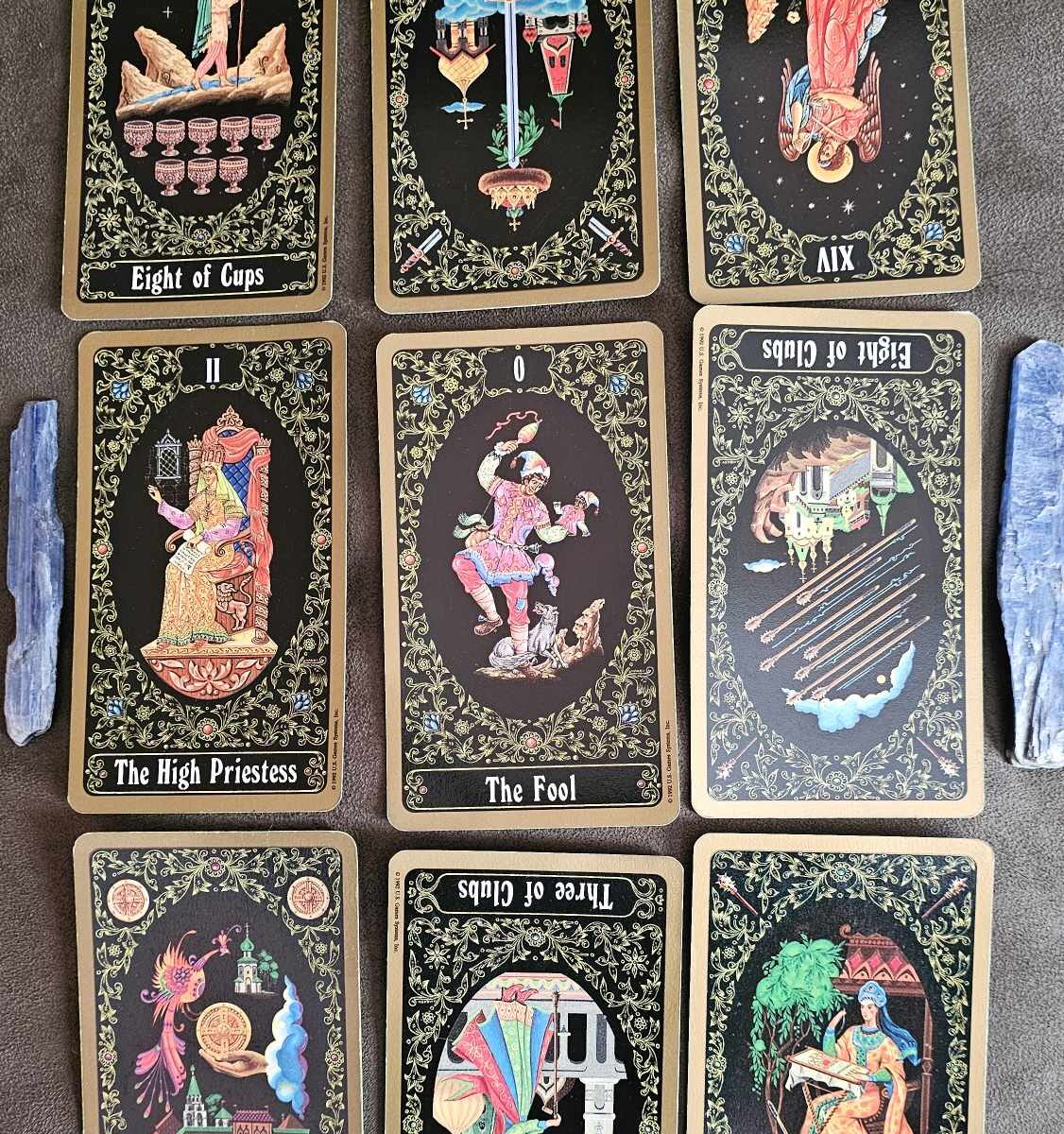

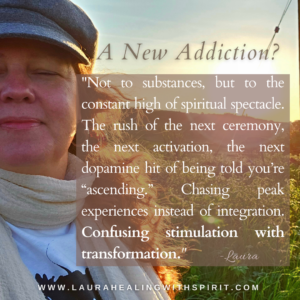 Confusing stimulation with transformation.
Confusing stimulation with transformation. It’s NOT a high-ticket program, a hypnotic sales pitch, or an endless cycle of ceremonies.
It’s NOT a high-ticket program, a hypnotic sales pitch, or an endless cycle of ceremonies.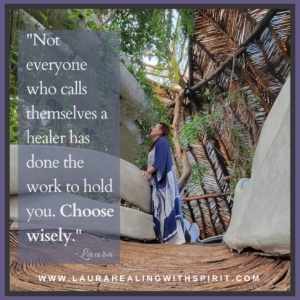 And yet, we don’t do this work for validation, competition, or status. We do it because it’s who we are.
And yet, we don’t do this work for validation, competition, or status. We do it because it’s who we are.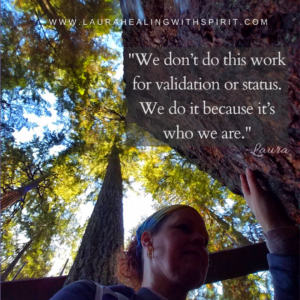 With Appreciation,
With Appreciation,

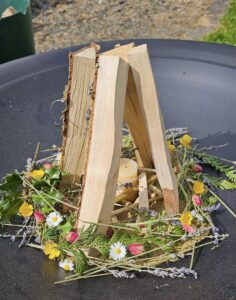


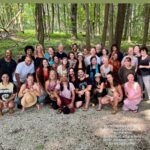
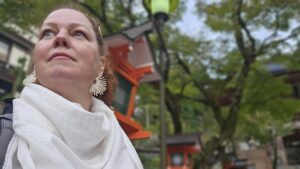
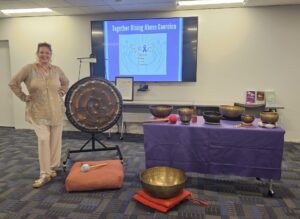
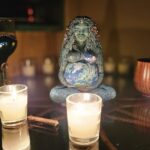
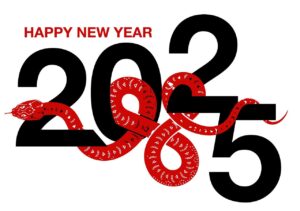 Looking Ahead to 2025: The Year of the Snake
Looking Ahead to 2025: The Year of the Snake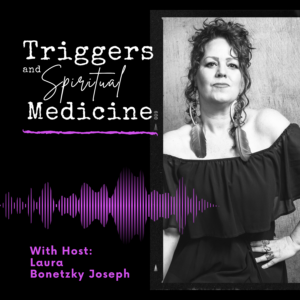
 That support can look different for you depending on your needs. It can be
That support can look different for you depending on your needs. It can be